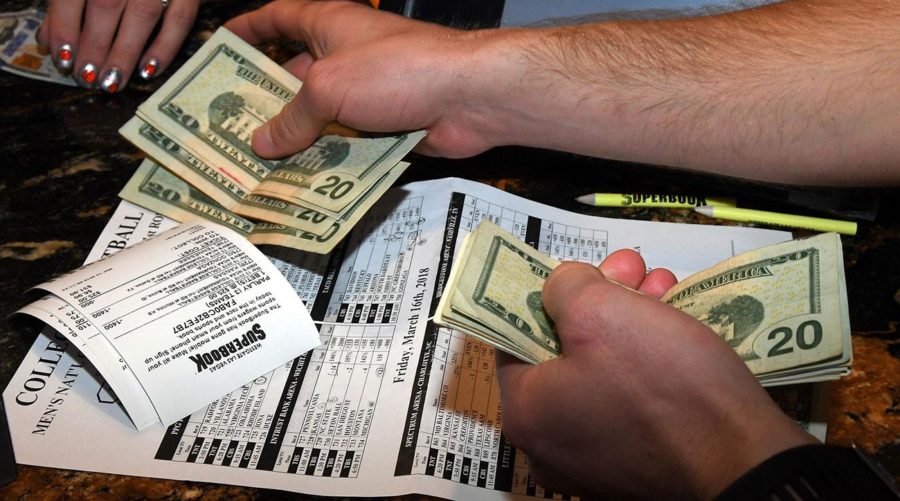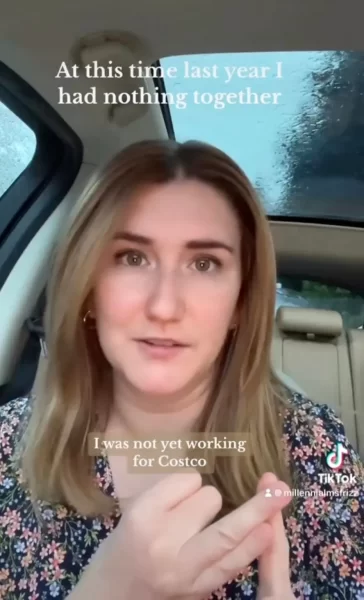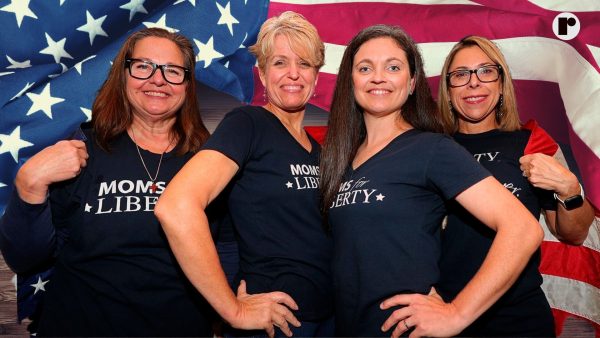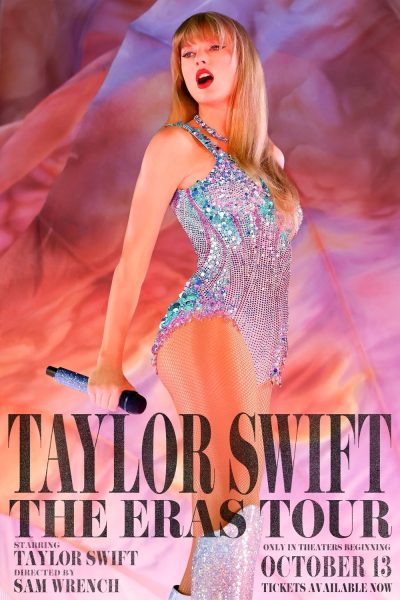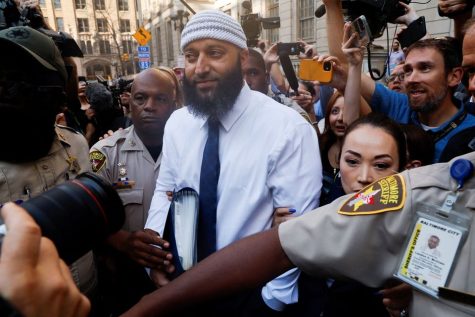States can permit sports gambling
The United States Supreme Court ruled Monday, May 14th that the national ban on sports betting is no longer. New Jersey brought the case in July of 2017 is expected to be the first state to take advantage of this ruling, allowing sports betting in Atlantic City and at its racetracks.
The Professional and Amateur Sports Protection Act was a federal law that said states weren’t allowed to permit it. (Nevada was grandfathered in when the law was passed in 1992.)
When NJ and then-Governor Chris Christie challenged the federal ban they argued it was in violation of the Tenth Amendment which the Supreme Court has said prohibits federal laws that compel states to carry out federal dictates. Christie claimed the gambling law commandeered the states by forcing them to prohibit sports gambling.
When Christie learned of the Court’s decision he took to Twitter to express his excitement.
“A great day for the rights of states and their people to make their own decisions. New Jersey citizens wanted sports gambling and the federal Gov’t had no right to tell them no. The Supreme Court agrees with us today. I am proud to have fought for the rights of the people of NJ.”
— Governor Christie vie Twitter (@GovChristie) May 14, 2018
The PASPA, also known as the “Bradley Act” after Bill Bradley, a former professional basketball player who served 3 terms in the US Senate was enacted 25 years ago.
In an NPR interview, Bradley said his motivation was simple, and personal. “Betting on sports was betting on human beings, and I thought that was wrong,” he explained. “It turns players into roulette chips. It makes the game, which is a game of high-level competition and excellence, into slot machines, and I don’t think that should be what we do in this country.”
Bradley is clearly reaching here. There’s a big difference between going to the casino and pulling slots versus betting on who’s going to win the Super Bowl. Most players have no problem with fantasy sports, and that’s based on individuals, so it won’t bother them if you’re betting on their team to win.
“If it’s been going on as long as it has in Vegas and in every barroom . . . it’s been part of our culture,” Chicago Cubs Manager Joe Maddon told reporters Monday. “I just think it’s out front right now. Regarding all the potential manifestations in a negative way, I don’t really see that.”
The American Gambling Association estimates that illegal sports gambling is a $150 billion a year market.
Madden is just one of many people in sports that supports this decision.
“Legalized sports betting will only bring fans closer to the game, ramping up the action in each minute and creating more intensity,” Washington Wizards and Capitals owner Ted Leonsis said in a statement to the Washington Post. “It will bring new revenue into the economy, creating jobs and growing our tax base. Today’s decision is a great one for sports fans and I am eager to embrace it.”
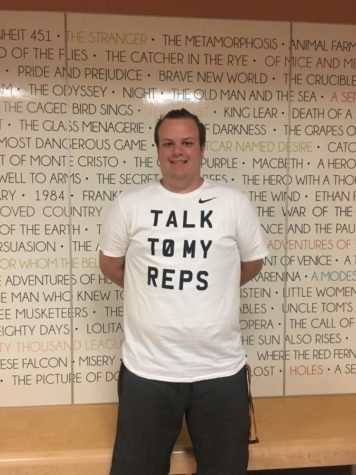
I am a senior. I will be attending the University of Tampa as a journalism major in the fall of 2018.



